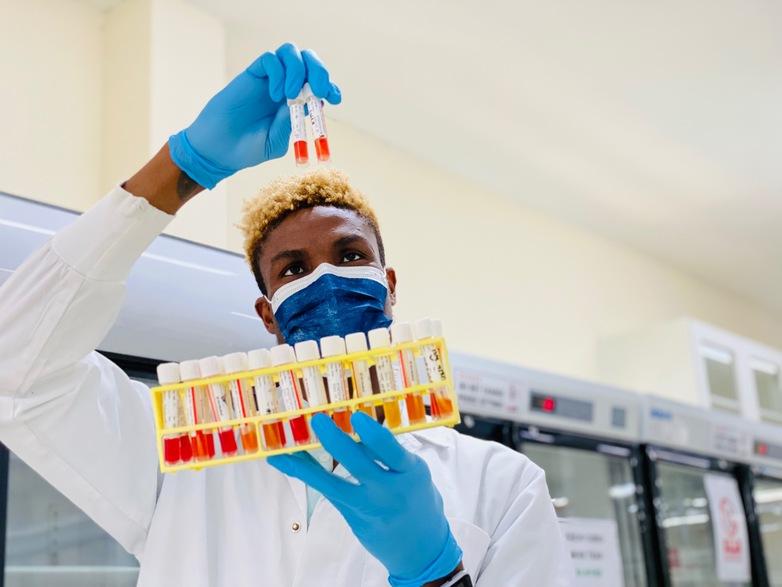Context
Infectious diseases such as human immunodeficiency virus (HIV), tuberculosis and malaria still cause several million deaths each year and are responsible for a high burden of disease in the world’s poorest countries. Almost 100 million people fall into poverty each year due to illness: this is the result of insufficiently developed and underfinanced health systems. The COVID-19 pandemic has also highlighted the importance of a functioning health system.
Developing and expanding resilient health systems is one important key to achieving UN Sustainable Development Goal 3 “Good Health and Well-Being”. To this end, greater use is to be made of funding from global and intergovernmental initiatives – such as the Global Fund to Fight AIDS, Tuberculosis and Malaria (GFATM) and the Providing for Health (P4H) network – to strengthen health systems.
